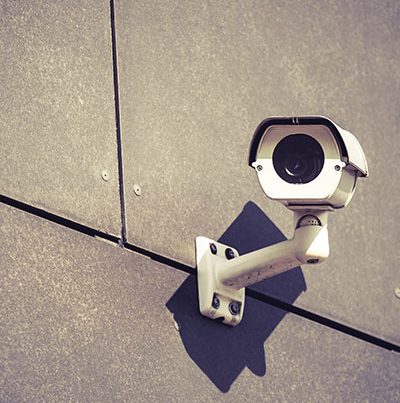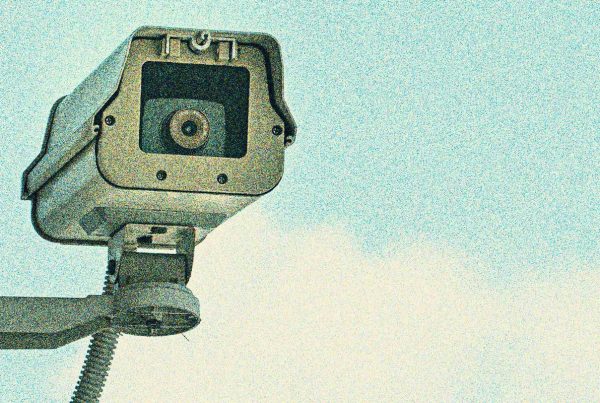Cell phones should not be considered a “good” at the border, and the Customs Act should be updated to reflect that fact, according to a recently released report from the federal Standing Committee on Access to Information, Privacy and Ethics.
CCLA appeared before the Committee in their study Privacy of Canadians at Airports, Borders and Travelling in the United States, and welcomes the report with the results of that study. We are pleased to see that our submission was considered, and quoted, in the report.
CCLA argued before the Committee that cell phones should not be considered a “good,” pointing out that in non-border contexts, Canadian courts have clearly recognised a heightened privacy interest in cell phones because they contain, or are connected to, a wealth of personal, potentially intimate detail about individual’s lives. We stated that the Customs Act needs to be updated to reflect that fact, and the Committee has explicitly agreed: “The Committee argues that the Customs Act should be updated to recognize that electronic devices contain sensitive personal information and that electronic devices are not “goods” within the meaning of the Customs Act.”
We also argued for increased transparency about CBSA practices and policies relating to device searches.
The Committee listened to us, and other witnesses, and their recommendations include:
- That the current guidelines used by the Canadian Border Services Agency (CBSA) for digital device searches be written into the Customs Act;
- That the threshold for searches be “reasonable grounds to suspect”;
- That electronic device searches at borders and airports be tracked, statistics compiled, and updates given to the Privacy Commissioner of Canada; and
- That the Government consider establishing internal privacy and civil liberties officers within the CBSA to monitor privacy issues at the agency level.
While the Committee did not go so far as to recommend, as CCLA asked, judicial authorizations for searches of electronic devices, the report clearly agrees that such searches should not be groundless, and that Canada needs an updated, Charter-compliant legal framework for searching cell phones at our border.
More information:
About the Canadian Civil Liberties Association
The CCLA is an independent, non-profit organization with supporters from across the country. Founded in 1964, the CCLA is a national human rights organization committed to defending the rights, dignity, safety, and freedoms of all people in Canada.
For the Media
For further comments, please contact us at media@ccla.org.





